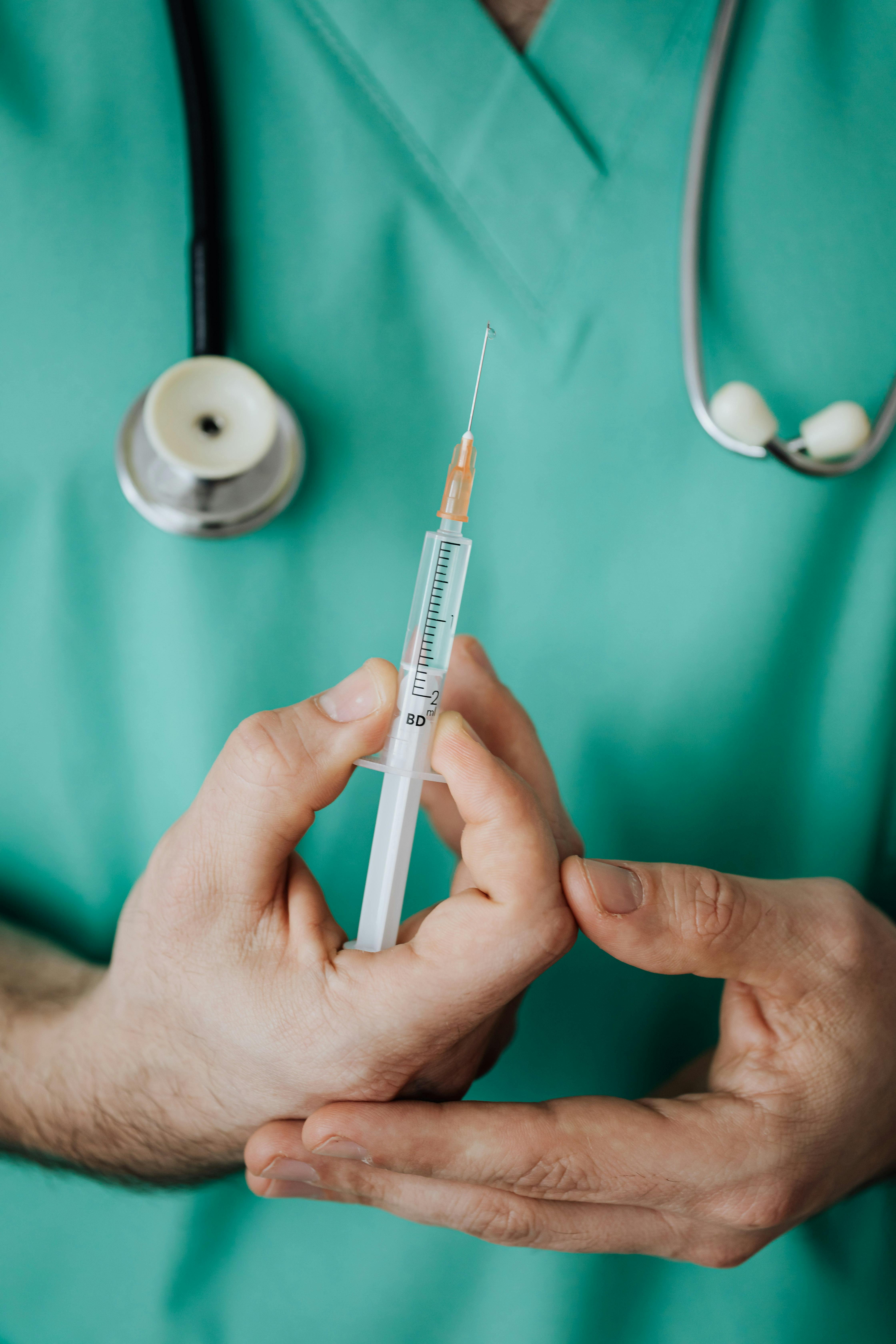The Global Response to the Mpox Public Health Emergency: Coordinated Efforts and Challenges

Understanding the Mpox Outbreak
Mpox, previously known as monkeypox, has recently been declared a public health emergency by both the Africa Centres for Disease Control and Prevention (Africa CDC) and the World Health Organization (WHO). This declaration is a direct response to the alarming spread of a new, more virulent strain of the virus across Central Africa and its potential to cause a global epidemic.
Since the start of the year, the Democratic Republic of Congo (DRC) has reported over 13,700 cases and 450 deaths due to mpox. The virus, which causes lesions across the body, has also spread to other African nations, including Burundi, the Central African Republic (CAR), Kenya, and Rwanda. This outbreak has raised significant concerns among health authorities worldwide.
The Urgency of the Situation
Jean Kaseya, head of Africa CDC, emphasized the urgency of the situation, stating, “This declaration is not merely a formality. It is a clarion call to action. We must be proactive and aggressive in our efforts to contain and eliminate this threat.”
The WHO echoed this sentiment by declaring mpox a “public health emergency of international concern” on August 14, 2023. This global declaration underscores the need for enhanced surveillance, resource allocation, and international cooperation to curb the outbreak.
Transmission and Symptoms
Mpox spreads from animals to humans and between people through close contact, including sexual contact, skin-to-skin contact, and close-range talking or breathing. Symptoms include fever, muscle aches, and body lesions. If left untreated, the virus can be deadly.
There are two main strains of the mpox virus. The milder strain caused a global outbreak in 2022, affecting Europe, Australia, the US, and other countries, primarily spreading through sexual contact. The more deadly strain, endemic to central Africa, is responsible for the recent outbreak in the DRC.
Global Spread and Impact
The virus has been detected not only in rural regions but also in densely populated urban areas. Notably, infections have surged in Central Africa, affecting locations such as Bukavu, a city in the DRC with over 1 million residents. Four countries in the region have reported mpox infections for the first time, likely linked to an outbreak that began in late 2023 in South Kivu province, a conflict-ridden area of the DRC.
The new strain of mpox has been identified as having a higher transmission rate compared to previous strains. This strain has also been associated with more severe clinical outcomes, including higher rates of hospitalization and complications.
Public Health Measures and Vaccination
In response to the emergency, the WHO has recommended several public health measures, including increased surveillance, contact tracing, and vaccination campaigns. Countries are urged to enhance their diagnostic capabilities and ensure the availability of medical supplies and treatments.
Currently, three vaccines exist for mpox, but they are typically administered only to those at risk or who have been in close contact with an infected person. Dr. Kaseya mentioned plans to secure approximately 10 million doses to curb the disease’s spread in Africa.
International Collaboration and Public Awareness
The WHO emphasizes the importance of international cooperation in controlling the spread of the virus. Sharing of data, resources, and expertise is crucial to effectively manage the outbreak and mitigate its impact. Public health authorities are encouraged to raise awareness about mpox, its symptoms, and preventive measures. Clear communication strategies are essential to inform and educate the public, reducing fear and misinformation.
Conclusion
The declaration of mpox as a public health emergency by both the Africa CDC and the WHO underscores the seriousness of the current outbreak and the need for a coordinated global response. With the emergence of a more virulent strain, it is imperative that countries take immediate and effective action to prevent further spread and protect public health. The world must come together to support affected regions, enhance surveillance, and ensure the availability of vaccines and treatments to combat this public health threat.

